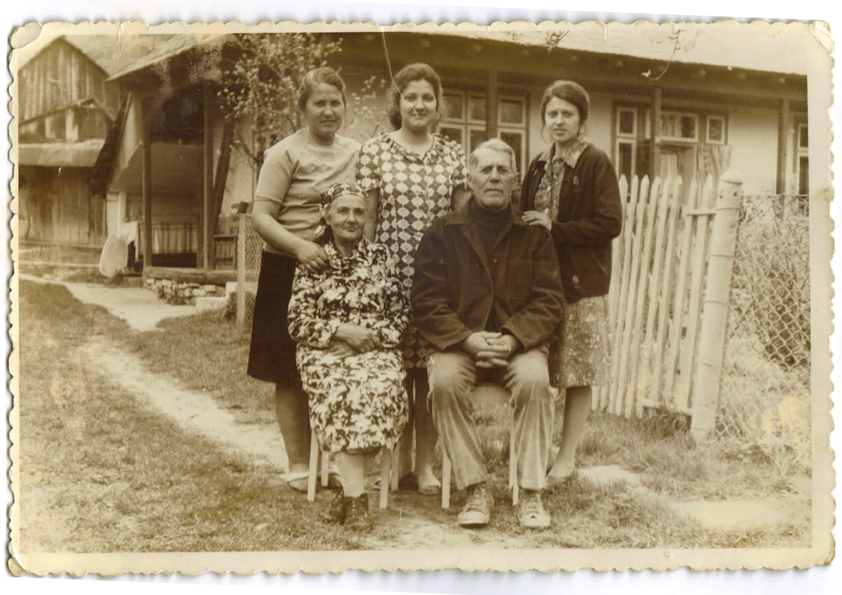Forget the facts and let’s be practical

There is a line I’ve been saving to use for a short quote-post sometime, but I keep turning it over in my mind and want to give it more space. Here’s the quote in question:
It doesn’t matter who my father was;
it matters who I remember he was.
~Anne Sexton
I love that. And it’s so true.
Good thing it’s true, too, because if the literary world were waiting on an agreement between my mind and my mother’s on any single incident from my childhood, I’d have to pick another career.
Maybe I’d be a cabbie. Or a goat farmer. Or a real estate agent.
Whatever your story, whoever the players, the odds are good that the folks who saw your life unfold remember it completely differently. That’s just the way it is. Once a moment is twenty years distant, what stays with you, the experiencer of that moment, is the emotional truth you kept from it. Oddly enough, the facts matter very little in the end.
Keep in mind, here, that I’m not talking about war crimes or wrecked cars or flunked classes. Major events and provable things don’t count. (And lying is wrong, m’kay?) But I can’t tell you how many times I’ve dredged up an uncomfortable conversation in my memory for friendly re-examination later and discovered in hindsight that either the other key conversants didn’t remember it in the slightest, or they did but I’d totally forgotten the less-traumatic ending.
The aftertaste is what sticks; when it comes to personal story, the individual translation is all that counts.
Imagine you just walked around for your entire adult life thinking the last thing your best friend said to you before taking off to college was “Screw you, buddy; you were always laughably ugly anyway,” and then after twenty-some-odd years someone reminds you that you’d attributed that story to the wrong friend. What does that change? Do you get that lost relationship back? Do you call the estranged friend and apologize? Do you let it go and get over it?
Chances are good that you’ll walk around and feel stupid for a minute, and then go back to your everyday life without changing the effects of the false memory. The intervening years have been lived as if the story were true, and your emotional wall has already long been built around it.
If you’re writing fiction, making characters, and giving them life stories, also give them room to have different perspectives. Let them be human, too. Readers can smell it a mile away if you make everyone too homogenous.
If your characters were all the same personality type and emotional maturity level, you’d have a really boring book. (And I’ve read some books just like that. They exist. Believe me, the world does not need more of those.)
If you’re writing non-fiction, include that little “entirely coincidental” disclaimer that you see in the front of almost every memoir. There’s a very good reason for the legalese.
It tells the reader that the book comprises your version of events. Period. You don’t want to get into a big, bad publicity battle, and besides that, who’s to say Mom isn’t right anyway? Maybe she knew something you didn’t, or don’t. Maybe she’s in denial. Maybe she’s embarrassed by some family skeletons and would even go so far to protect herself as to sue you over it. Maybe she’s trying to save face at the church potluck by telling everyone that her author-child just has an awful and inaccurate memory.
Life isn’t terribly black and white. Our pasts never are, either.
We’re all going to be wrong about situations (and characters, intentions, memories, and who knows what else) sometimes. The best thing to do is man up, acknowledge that mileage varies widely, work with what you’ve got, and honestly face the truest facts you know.
Yours.
Don’t take it personally if someone else’s emotional “facts” are different. That’s okay. That’s to be expected, even.
Think about it. If history belongs only to the victor, and everyone who overlaps in life is the primary hero in his own life story, what does that tell you?
*
(top image credit)






Leave a Reply